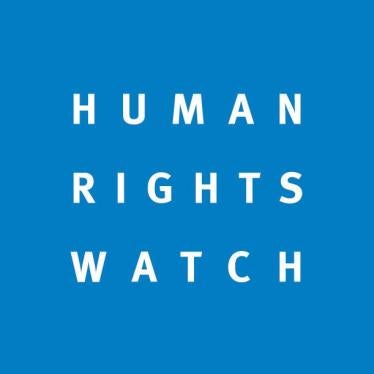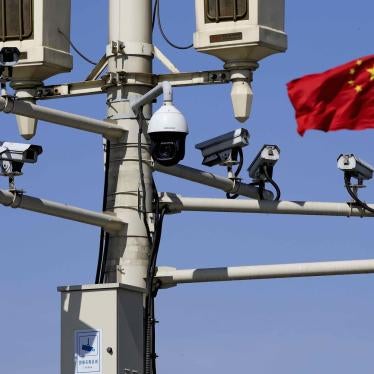The use of DNA profiling for individual cases of law enforcement has helped to identify suspects and to exonerate the innocent. But retaining genetic materials in the form of national DNA databases, which have proliferated globally in the past two decades, raises important human rights questions. Landmark court decisions in Europe and in the United States set some limits on data collection and retention in DNA databases, such as restricting long-term retention of DNA profiles to people arrested for or convicted of a crime.
But these decisions are far from the comprehensive regulations we need. Privacy rights are fundamental human rights. Around the world, the unregulated collection, use, and retention of DNA has become a form of genomic surveillance. Kuwait passed a now-repealed law mandating the DNA profiling of the entire population. In China, the police systematically collected blood samples from the Xinjiang population under the guise of a health program, and the authorities are working to establish a Y-chromosome DNA database covering the country's male population. Thailand authorities are establishing a targeted genetic database of Muslim minorities (45). Under policies set by the previous administration, the U.S. government has been indiscriminately collecting the genetic materials of migrants, including refugees, at the Mexican border.
As the technology gets cheaper, and as the adoption of surveillance gets ever broader, there is an acute risk of pervasive genomic surveillance, not only by authoritarian regimes but also in democracies with weakening rights. But such a loss of autonomy and freedom is not inevitable. Governments should reform surveillance laws and draft comprehensive privacy protections that tightly regulate the collection, use, and retention of DNA and other biometric identifiers (46). They should ban such activities when they do not meet international human rights standards of lawfulness, proportionality, and necessity. They should develop a coordinated global regime of export control legislation, as well as sanctions akin to the U.S. Magnitsky Act, to hold businesses accountable that recklessly supply or market this technology for genomic surveillance.
Journal editors and publishers should reassess hundreds of ethically suspect DNA-profiling publications—for example, publications co-authored by police forces involved in the persecution of the minorities studied (47) or lacking proper consent or ethical approval (48). Although there have been a few retractions (47, 48), such assessments should not be limited to the bureaucratic verification of informed consent and ethical approval documents; they also need to consider the basic ethical principles of beneficence, nonmaleficence, autonomy, justice, and faithfulness. The scientific community should also refuse to cooperate with law enforcement anywhere in the world that is proven to be violating human rights standards, in particular the Chinese police and military.
--
45.UN Committee on the Elimination of Racial Discrimination, Letter to the Permanent Representative of Thailand to the United Nations Office (15 May 2015); https://bit.ly/39VxGJe.
46. Forensic Genetics Policy Initiative, Establishing Best Practices for Forensic DNA Databases (2017);https://bit.ly/3iasJzL.
47. D. Zhang et al., Int. J. Legal Med. 10.1007/s00414-019-02049-6 [retracted] (2019).
48. X. Pan et al., Int. J. Legal Med. 134, 2079 [retracted] (2020).









